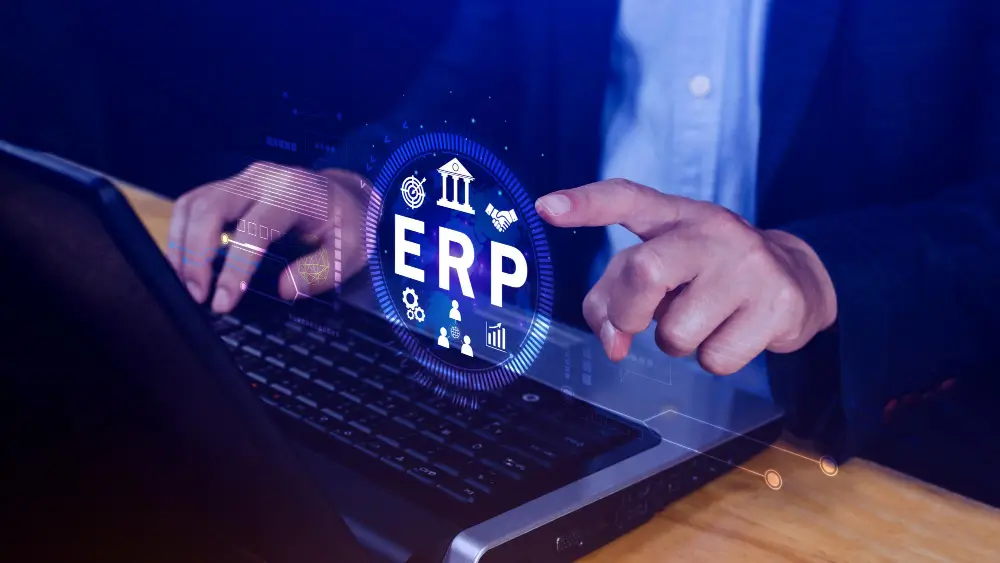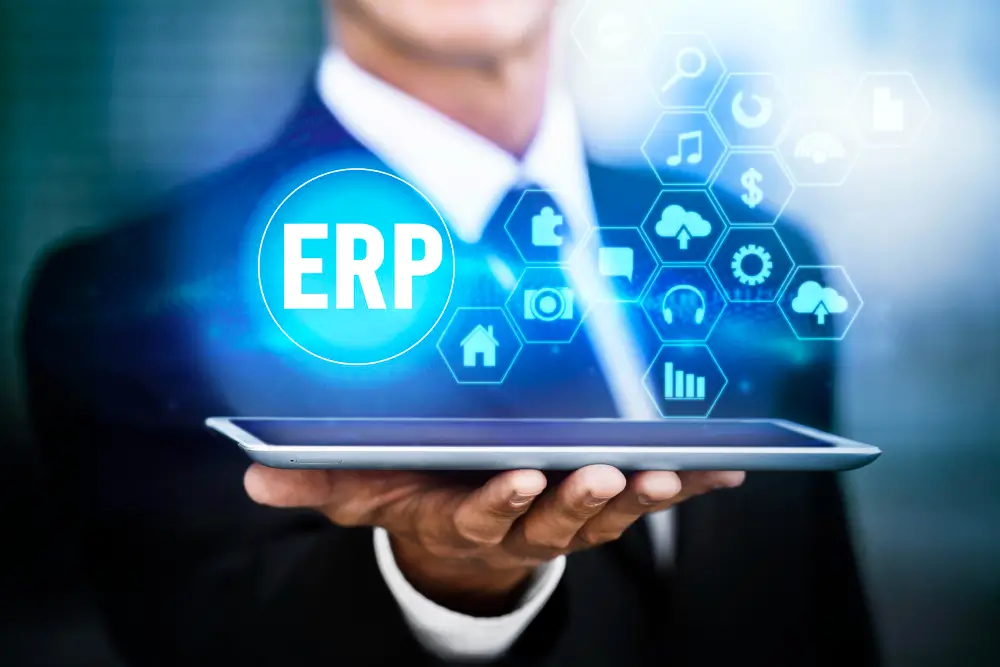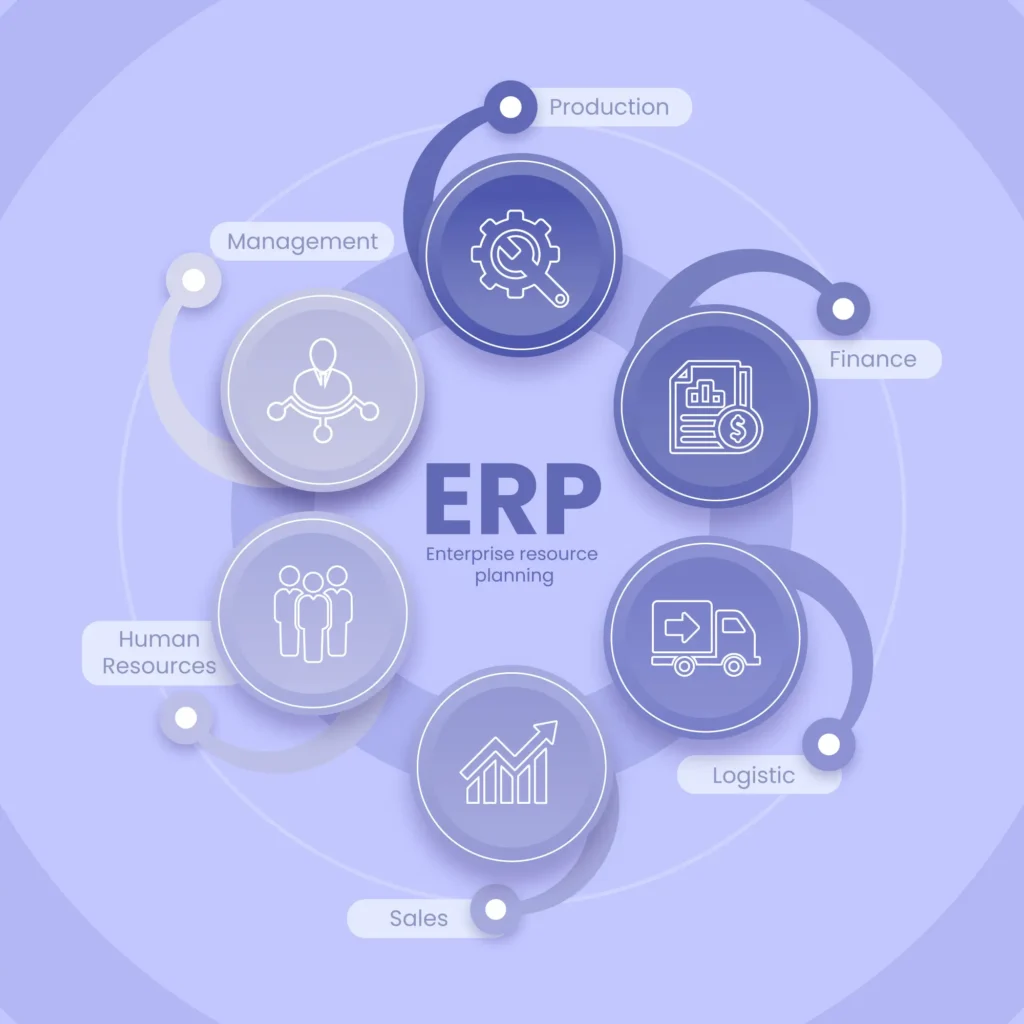In today’s fast-paced business world, choosing the right Enterprise Resource Planning (ERP) system can improve your company’s efficiency and growth. With so many options available, it’s easy to feel overwhelmed. One solution that’s been gaining traction is ERPNext. But how does it stack up against other popular ERP systems? Let’s dive in and explore why ERPNext might be the perfect fit for your business.
What Sets ERPNext Apart?

Open-Source Freedom
ERPNext is an open-source ERP system, which means it’s freely available for anyone to use, modify, and distribute. This openness brings several advantages:
ERPNext is an open-source ERP system, which means it’s freely available for anyone to use, modify, and distribute. This openness brings several advantages:
- Lower costs: No hefty licensing fees
- Customization: Adapt the system to your specific needs
- Community support: Benefit from a large network of developers and users
User-Friendly Interface
One of the biggest challenges with traditional ERP systems is their steep learning curve. ERPNext breaks this mold with its intuitive, modern interface. Even employees with limited technical skills can navigate the system with ease, reducing training time and increasing productivity.
Comprehensive Modules
ERPNext offers a wide range of modules that cover various aspects of business operations:
- Accounting
- Human Resources
- Manufacturing
- Inventory Management
- Customer Relationship Management (CRM)
- Project Management
This all-in-one approach eliminates the need for multiple software solutions, streamlining your business processes.

Implementing a new ERP system can be a daunting task, but ERPNext makes the process as painless as possible. Here’s why:
Quick Setup
Unlike some ERP systems that can take months or even years to implement, ERPNext installation is relatively quick. Many businesses can get up and running in a matter of weeks.
Scalability
Whether you’re a small startup or a growing enterprise, ERPNext can scale with your business. It’s designed to handle increasing data volumes and user numbers without compromising performance.
Cloud-Based Option
ERPNext offers both on-premise and cloud-based solutions. The cloud option allows for easy access from anywhere, automatic updates, and reduced IT infrastructure costs.
ERPNext vs. Other Popular ERP Systems
Let’s compare ERPNext with some well-known alternatives:
ERPNext vs. SAP
SAP is a giant in the ERP world, known for its robust features. However, it comes with a hefty price tag and can be overly complex for small to medium-sized businesses. ERPNext offers similar functionality at a fraction of the cost and with a much gentler learning curve.
ERPNext vs. Oracle NetSuite
NetSuite is another popular cloud-based ERP solution. While it offers comprehensive features, it can be expensive for smaller companies. ERPNext provides comparable capabilities with more flexible pricing options, making it accessible to businesses of all sizes.
ERPNext vs. Microsoft Dynamics 365
Microsoft’s offering is well-integrated with other Microsoft products, which can be an advantage for some businesses. However, ERPNext’s open-source nature allows for even greater integration possibilities with a wide range of third-party applications.
Real-World Success Stories
Many companies have found success after switching to ERPNext. For example:
“After implementing ERPNext, we saw a 30% increase in productivity and a 20% reduction in operational costs within the first year.” – John Smith, CEO of XYZ Manufacturing
These success stories highlight the tangible benefits that businesses can experience with ERPNext implementation.
Choosing the Right ERPNext Company

If you decide to go with ERPNext, it’s crucial to choose the right implementation partner. Look for a company with:
- Proven track record of successful ERPNext installations
- Strong technical expertise
- Understanding of your industry
- Excellent customer support
The right partner can make your ERPNext journey smooth and successful.
Overcoming Implementation Challenges
While ERPNext offers many advantages, it’s important to be prepared for potential challenges during implementation:
Data Migration
Moving data from your old system to ERPNext can be complex. Ensure you have a solid plan for data cleansing and migration.
Change Management
Introducing a new ERP system often means changing established processes. Prepare your team for these changes through clear communication and training.
Customization Balance
While ERPNext’s customizability is a strength, be cautious not to over-customize. Stick to modifications that truly add value to your business processes.
Conclusion: Is ERPNext Right for You?
ERPNext offers a compelling package for businesses looking for a cost-effective, flexible, and user-friendly ERP solution. Its open-source nature, comprehensive modules, and scalability make it a strong contender in the ERP market.
However, the best ERP system for your business depends on your specific needs, budget, and goals. Consider these factors carefully, and don’t hesitate to reach out to ERPNext experts for a personalized assessment.
Remember, choosing an ERP system is a significant decision that can impact your business for years to come. Take the time to evaluate ERPNext against other options, and you might just find that it’s the perfect fit for your organization’s future growth and success.

